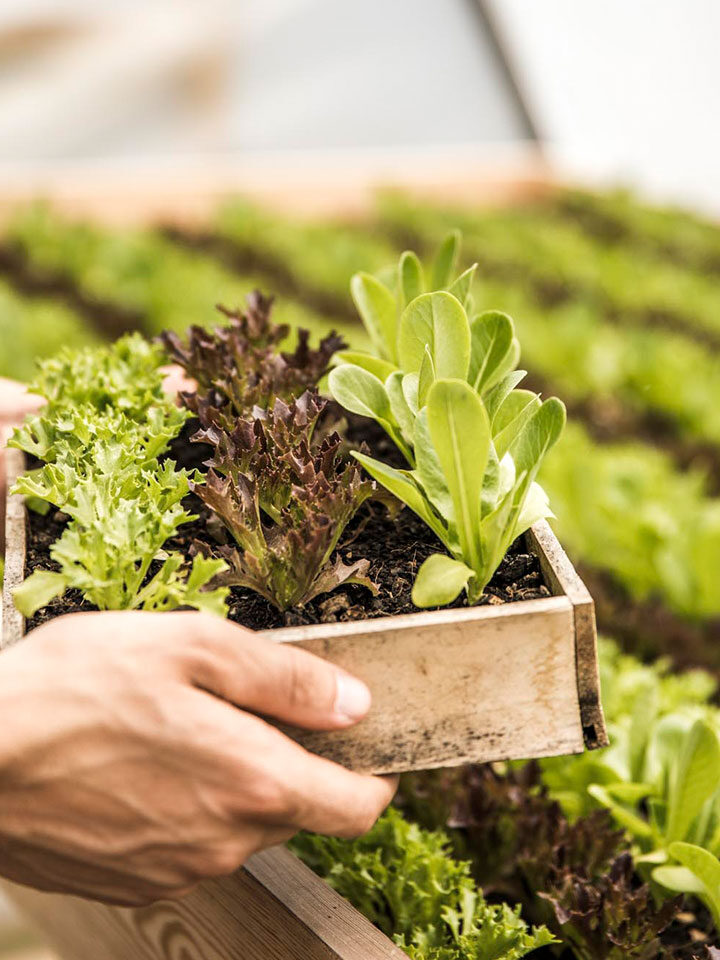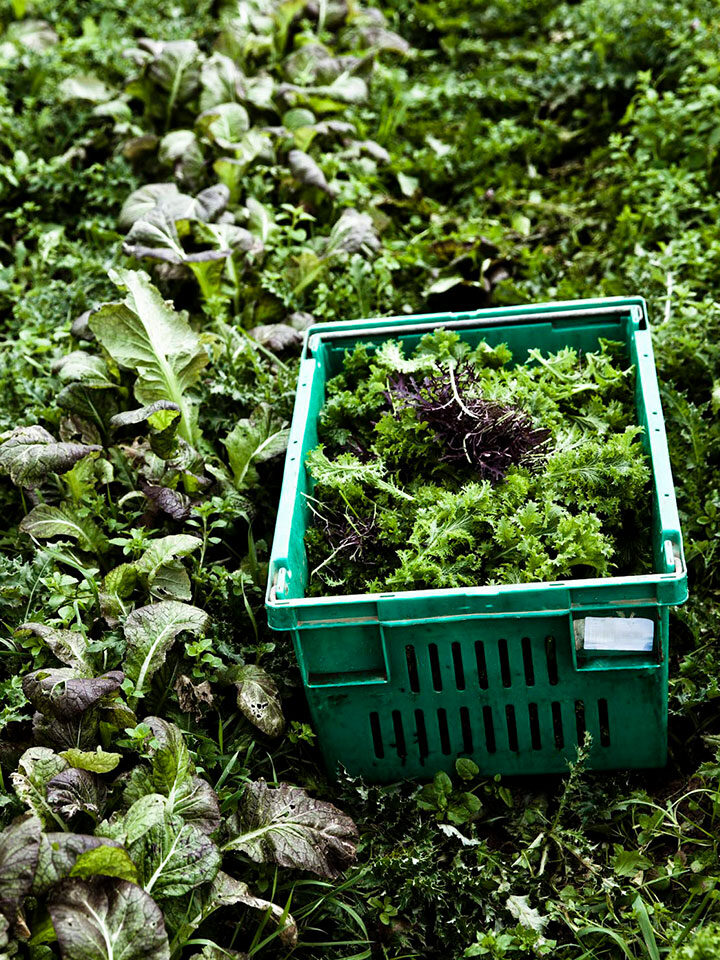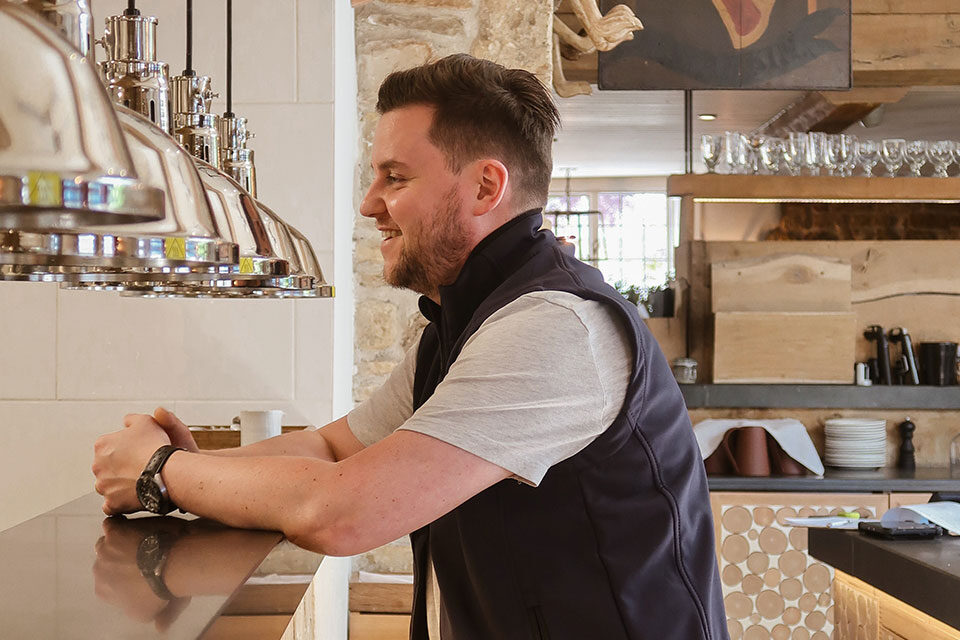Earth Day 2024
This year’s Earth Day theme is ‘Planet vs. Plastics’, setting a 60% reduction target for plastic production by 2040. A critical part of this target is phasing out single use plastics by 2030. At Daylesford Stays we are committed to reducing our reliance on plastics and have been taking decisive action across our pubs, but there is much still to be done.
Achieving a 60% overall reduction in global plastic production by 2040 is a huge challenge. In hospitality operations in particular, plastic use can be more complicated as it plays an important role in preserving food, transporting goods or waste disposal. Our plastics strategy revolves around four principles, aligned with the UK Plastics Pact: Remove, Refuse, Reuse and Recycle.
Remove
In line with our Low Impact Operations principle, we have been removing all single use plastic items from our rooms and cottages. Our goal is to prevent the production of any non-recyclable waste during a guest’s stay with us, and that starts with a zero-tolerance policy on putting these materials into rooms in the first place. Our current project is replacing all 50ml bottles of shampoo and body wash with refillable aluminium containers, removing the need for thousands of plastic bottles to be produced each year. Although we are confident that single use plastics will be phased out in our rooms by the end of 2024, we still have to remove materials such as cling film or plastic wrap from our deliveries.


Refuse
Refusing plastic at the point of purchase is a powerful tool in achieving our reduction goal. As part of our Sustainable Sourcing principle we work with local growers who are able to deliver loose fresh produce in reusable containers without the need for packaging. The same principle can be applied to all suppliers of food, drink and consumables and we are in the process of switching to plastic-free alternatives.


Reuse
We acknowledge that plastics themselves can be a key part of the solution when used (and reused) appropriately. Our kitchens are currently experimenting with reusable plastic containers to replace single use items like cling film or vacuum packs. Once implemented, this simple switch will save hundreds of meters of plastic wrap each year and will contribute a large part of our reduction target. It is already best practice to reuse bulk oil containers to collect and recycle used oil, and we have an opportunity to adopt a similar mindset in our offices, switching to refillable printer cartridges.
Recycle
It is vital that any plastics arriving on site have a reuse capability or can be easily recycled. This step is still considered a “regrets solution” as it acknowledges plastic as a waste product. Through thorough implementation of the first three stages of the plastics strategy, recycling should gradually decrease.
We fully support Earth Day’s plastics targets, and through the steps listed above we are confident that we will meet the targets being set during this year’s campaign.


